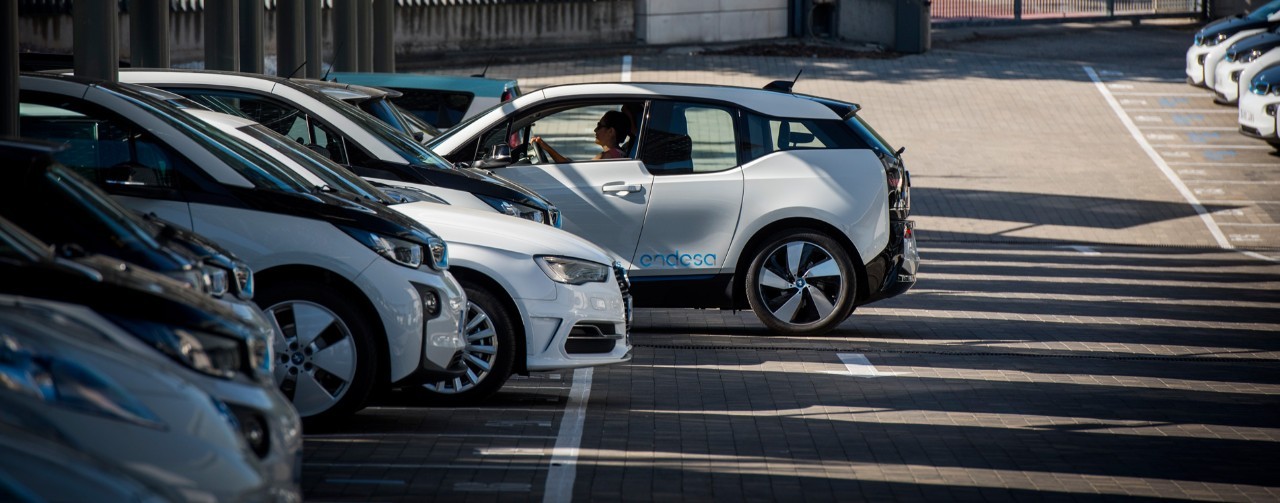
If you prefer to always view the website in English, please click here.
If you prefer to always view the website in English, please click here.
At Endesa, we are engaged in an energy transition process that will allow us to evolve towards an emission-free energy model, through the decarbonisation of the economy and a commitment to renewable energy. In this process, we have a special commitment to the areas surrounding the thermal power plants that are closing down, to mitigate the consequences that this change of model could have in the economic, environmental and social sphere.
This is why we are talking about a just transition: our aim is to create shared value with all the local stakeholders affected and to apply the criteria of the circular economy so as to bring in new business models that will work in these different areas.
We have presented Futur-e Plans for all the coal-fired plants on the Peninsula for which we have requested shutdown permits, with the aim of helping to mitigate the impact that these closures could have on the local population. The plans are organised around four action areas:
There are currently four coal-fired production facilities for which we have requested shutdown permits. These plants are located in Andorra (Teruel), Compostilla (León), As Pontes (A Coruña) and Carboneras (Almería), and each has its own customised Futur-e plan, tailored to the characteristics of the surroundings.
The Enel Group, to which Endesa belongs, is driving the change in the energy model. through investing in technology, innovation and the promotion of renewable energies. In Italy, like in Spain, a process of decarbonisation is being carried out in which there are now thermal power plants that have completed their useful life. This is the context that gave rise to the Futur-e plan: it is an initiative based on dialogue with the local communities to find a sustainable future for the spaces occupied by those plants that have ceased to function.
The Futur-e project that Enel has started in Italy is a model of the circular economy, a development opportunity for the areas where the 23 power plants and mining area are located, which are no longer in use. Thanks to this openness and collaboration process with the local stakeholders, some of these spaces have maintained their industrial purpose, and others have found a second life as museums, and recreational and cultural centres.
The objective of Futur-e is to find solutions and projects beyond the limits of the energy sector, which are based on criteria of social, environmental and economic sustainability that serve to create shared value with the community and the surroundings of these industrial spaces.
Learn more about Futur-e projects in Italy





.jpeg)